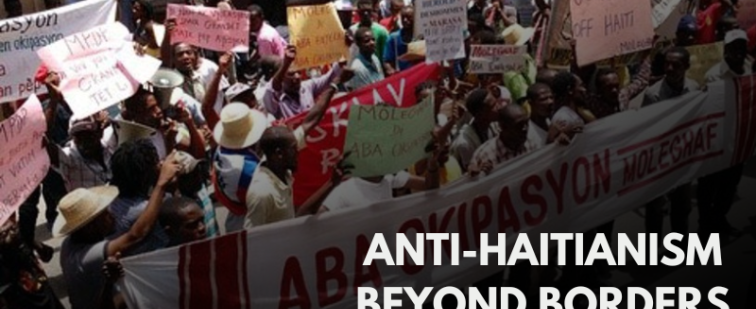Home
The Kelwo Association of Chiloé, an organization of Mapuche residents of Chile’s island-province, was formed in 2001 to bring to public attention one of the great social debts of Chilean democracy: the right to health and life of people in indigenous communities affected by HIV/AIDS.
Apparently, Miami is a parallel universe where reality can be distorted with impunity. It's hard to know where to begin a critique of this June 17 Miami Herald editorial by Eduardo Gamarra. His editorial describes tense protests, but his manipulative account is unforgivable and grossly distorts the background leading up to the protests.
Democratic presidential candidate Barack Obama likes to employ soaring rhetoric when discussing human rights. But he has failed to take a strong position opposing the infamous School of the Americas, which trains Latin American militaries. When pressed, the candidate praised Congress’ revision of the school’s curriculum but said that he wanted to continue to evaluate the institution.
The Portuguese thinker says several events in Latin America have put the brakes on Washington's hemispheric agenda. At the root of this process, he says, is the unprecedented strength of social movements that led to the election of left-leaning Latin American governments at a time in which the U.S. was using the discourse of democracy to justify interventions around the planet.
El Salvador’s FMLN shares revolutionary roots with Nicaragua’s FSLN; now the former Salvadoran guerrillas hope to also share the FSLN’s success in the voting booth next year.
Students from a U.S. university recently visited the town of Cajolá in the highlands of Quetzaltenango in Guatemala. Almost half of the town's population has emigrated to the United States. The students visited Cajolá to help and learn from those who stayed behind.
What began as a war on terrorists has become a war on immigrants. The Department of Homeland Security says that it prioritizes its immigration enforcement actions by "targeting the greatest national security and public safety threats"—an approach not taken prior to 9/11.
While it’s still unclear what kinds of policies Obama might pursue towards South America if he's elected president, his mere presence in the White House would have enormous emotional and symbolic value, particularly in Brazil, a country whose African roots are strong but where many blacks still struggle against racism and discrimination.
Touted as the first step in a major regional integration project, the 225 kilometer TransCaribe pipeline travels underground across Colombia's Guajira Peninsula to the gas refineries of Maracaibo, Venezuela. Protesting the mega project's impacts on the peninsula's indigenous communities, the Wayúu community of Mashiis-Manaa is leading the struggle against oil giant Petróleos de Venezuela (PDVSA).
With the U.S. military's lease on its base in Manta, Ecuador set to expire in 2009, a new report suggests U.S. military operations in South America might have found a perfect new home in central Colombia's Palanquero air base, one of the region's most state-of-the-art military installations.












